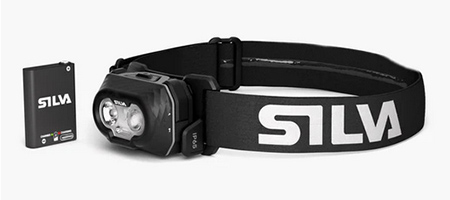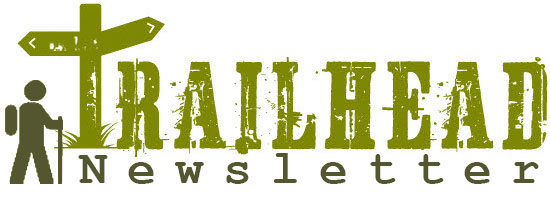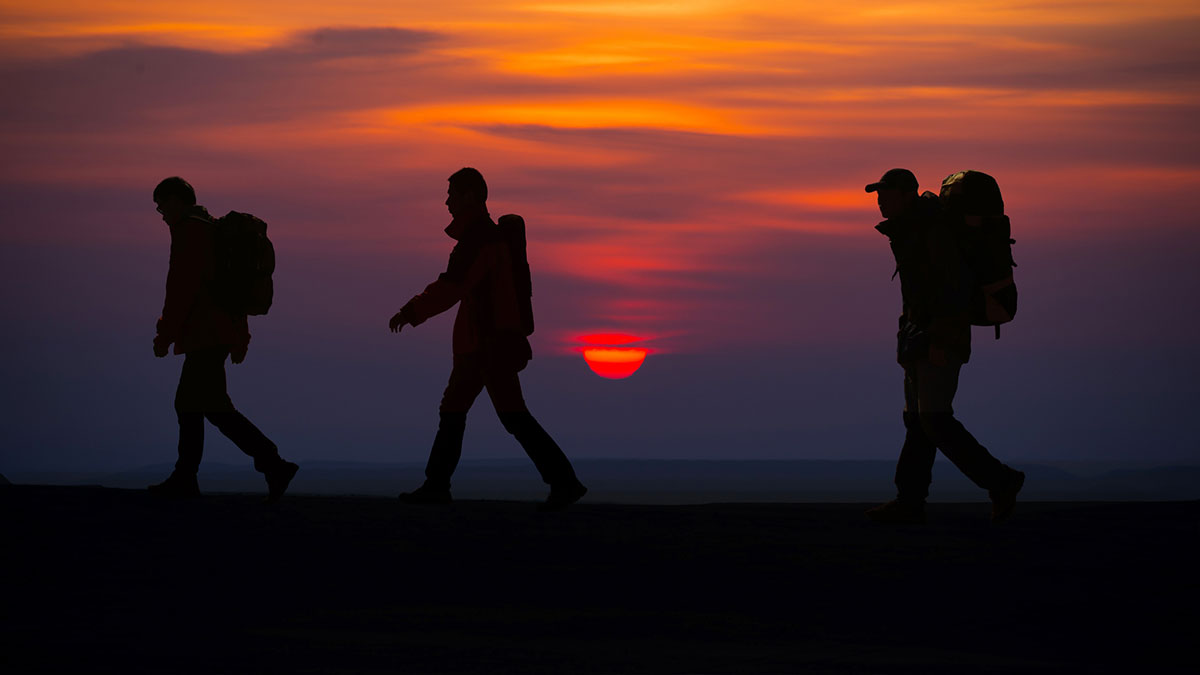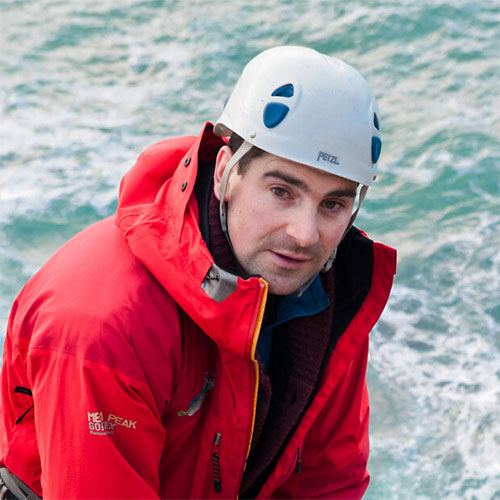Introduction
For most walkers, the idea of navigating after dark feels uncertain, even intimidating. Yet for outdoor instructor Nathan Kingerlee of Outdoors Ireland, night navigation is simply another facet of sound mountain craft — a skill that sharpens awareness, slows the pace, and opens a very different connection with the hills.
Nathan explains how once you are comfortable with the basics in navigation, you can challenge yourself to using your map and compass after sunset. This article is what you can expect.
The First Surprise
People think it will be much harder than it is. “Perhaps with a little bit of training; a little bit of knowledge and practice; it's not a difficult or a daunting as imagined.”
Essential Techniques
Several daytime habits become critical once visibility drops...
Tick-off points
Tick off expected navigation features along the way; such as crossing a saddle or marked stream.Cut-off points
Have a definite reliable 'cut off point' if you overshoot your destination in the dark. For example if you are dropping downhill into a saddle or pass; your 'cut off point' may be the fact you begin to climb uphill on the other side of the saddle - if you overshoot.Timing & pacing
Have a good understanding of timing and pacing. Pacing being the ability to measure a distance on a map; such as 600 metres; then pace that out across the mountainside, in the mist or dark.
Where to Practice
Nathan recommends beginning somewhere new but manageable.
“Go somewhere new and unknown as soon as you can. Driving up to a high mountain pass at dusk, such as the Wicklow Gap, means you can step out of the car and straight onto the hills. Dusk into full darkness is a good way to go about things. So go somewhere new/unknown, but at the same time, not somewhere with high consequences - so staying away from cliffy areas or major broken ground at night is sensible - in case you make a mistake. Any you will make mistakes, and most likely take good learnings from those mistakes. I still make navigation mistakes; both on the mountains at night, and at sea by night; and learn from them!”
Planning and Preparation
“Expect things to slow right down - if you walk at 4km/5km by day, at night that may well drop to 2km/3km. So even a short distance takes much longer usually. Route planning-wise; do the hard/tricky/serious part of your mountain route by day; when you have both daylight and good energy and freshness. Then as night falls you should be moving into the easier and less serious part of your route.”
“Plenty of extra decent food, extra hot drink and extra water. Extra spare layers and extra hats/gloves.”
“The biggest safety check I do is ensure I have my decent head torch, check I have spare batteries, and also potentially let mountain rescue know, by contacting them through their specific website, that there will be head torches moving/flashing on the hill on a certain night and between certain times; so they don't receive a false call out.”
Your Head Torch
“You will need a head torch, along with spare batteries, and not a regular hand torch - that can be a mistake people make. A lot of people have head torches that are no good for the hills and mountains at night. The light is weak and feeble. They are fine for going into the garage or garden at night but not for the hills. You need a strong reliable 'bad-ass' head torch, from a brand like Petzel or Silva.”
“Have your head torch ready and in a zipped pocket, long before you need it. Keep your night vision as much as you can. Don't dazzle other people with your torch! Turn off your torch and look around you when navigating. After a few seconds you will often begin to see the contour outlines more clearly than you may imagine - and this will help with your contour awareness and navigation.”
Building Confidence
“The best way to build confidence is to just get out and do it. A Mountain Skills 1 & 2 Training Course would be excellent to do. And you will find Mountaineering Ireland instructors who may run a specific night navigation program for you; outside of the official Mountain Skills Training.”
Practice your daytime navigating at night-time. This includes focusing in on your map, but at the same time being aware of the mountain features around you. Practice your timing, pacing. Use tick off points and cut off points as much as possible.
Outdoors Ireland
For those who want to deepen their craft, Nathan teaches Mountain Skills courses certified by Mountaineering Ireland, designed to build self-sufficiency in the hills. His Mountain Skills 2 programme explores night navigation in depth — including compass bearings after dark, movement on steep ground, and realistic emergency planning. Training runs year-round in Wicklow, Kerry, Cork and Galway.
More Information: Outdoors Ireland
Trailhead Special Offer - 20% Discount
As a further incentive to get you out walking in the dark, we a offering a 20% Member Discount on the Silva Explore 5 Headtorches, normally retailing at €80, until the end of November.

Trailhead Members Discount until the 30th November!
Recommended Retail Price: €80.00
Trailhead Member Price: €64.00
Please make sure to log into your account to see the full range of discounts across the website.



